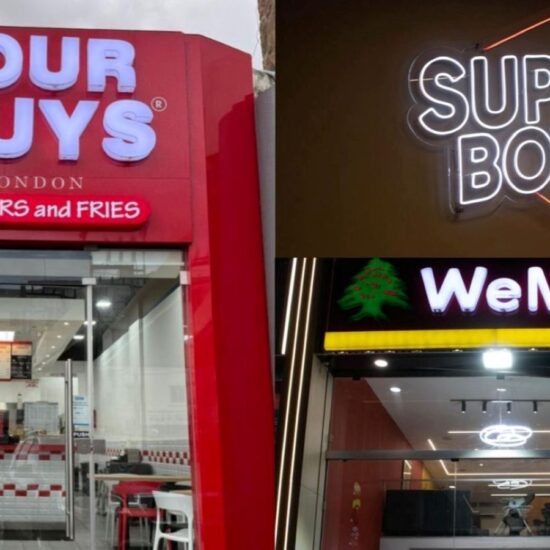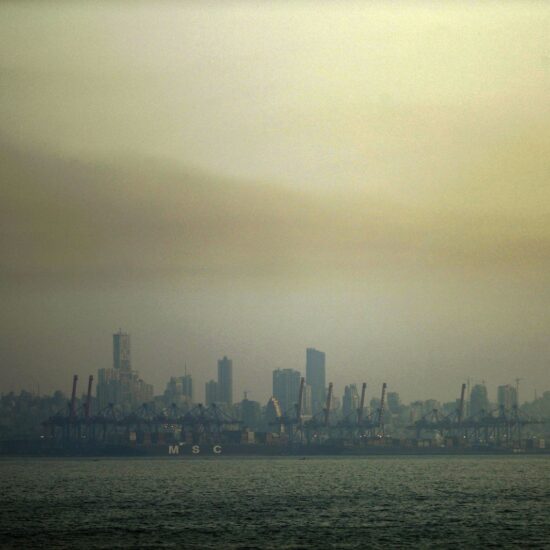
Despite rising tensions on the southern Lebanon border between Hezbollah and Israel, summer 2024 in Lebanon is marked by a series of high-profile concerts, showcasing the nation's enduring cultural vibrancy.
Beirut and other major cities are hosting a variety of performances, featuring both international stars and local talents. These events provide a much-needed respite for the Lebanese people, offering moments of joy and cultural celebration amid the underlying uncertainty.
Concert organizers are taking extra precautions to ensure the safety of attendees, reflecting a resilient spirit that refuses to let conflict overshadow the country’s rich musical traditions.
Mohammed Shokr, involved in planning and executing concerts at Forum De Byerouth told NOW: “Organizing events for international stars amidst the current climate is both challenging and inspiring. The rising tensions on the southern border are a stark reminder of the fragility of our situation, yet they also fuel our determination to bring light and joy to our community.”
“We are carefully planning every detail to ensure the safety and enjoyment of all attendees, working closely with security teams and local authorities. Our goal is to provide a sense of normalcy and a much-needed escape through the power of music,” Mohammed explained.
For Mohammed and his colleagues, these concerts are more than just entertainment they are a testament to the resilience and a symbol of collective hope of the Lebanese people.
“Despite the difficulties, we are committed to pushing forward, ensuring that the spirit of Lebanon shines brightly through every performance,” said Mohammed.
Concerts play a crucial role in Lebanon’s tourism sector. They attract international visitors, boosting the economy and supporting local businesses, from hotels and restaurants to transport services and retail outlets.
“High-profile concerts featuring renowned artists such as Kazem Al Saher and Tamer Hosny draw fans from around the world, putting Lebanon on the map as a vibrant cultural destination. Secondly, these events showcase the country’s rich cultural heritage and modern entertainment scene, enhancing its global image and countering negative perceptions tied to regional instability,” Explained Nadine Baraki to NOW who is a tourism and hospitality graduate and is now a travel agent at an agency in Beirut.
For Nadine, concerts are not just entertainment, they are vital in driving tourism, supporting the economy and promoting Lebanon as a dynamic and lively country.
Concerts in Lebanon have traditionally been very popular, often drawing large crowds and selling out quickly. Lebanese audiences are known for their enthusiasm and passion for music. This enthusiasm translates into high ticket demand, often leading to sold-out shows.
Also, Lebanon has a vibrant music culture with diverse genres, from Arabic pop and traditional music to international acts. This variety caters to a broad audience, ensuring there’s something for everyone.
“To secure tickets for popular concerts in Lebanon, fans typically need to act quickly once tickets are released, as they tend to sell out rapidly. Online ticket platforms and local box offices are commonly used for purchasing tickets, and sometimes fans may need to rely on resellers or secondary markets if tickets sell out quickly from official channels.” Mohammed informed NOW.
The war in South Lebanon, particularly along its borders is still not stopping many Lebanese southerners from being involved in musical and cultural events in Lebanon, such as the upcoming concerts of international and national artists.
“For us, these concerts are lifelines, offering a break from the constant stress and uncertainty. They remind us that despite the challenges we face, there is still joy, culture, and a sense of community to be found in our country.” Said Ali Makki, a business owner from Nabatiyeh, south Lebanon.
“Being part of a crowd, singing along, and celebrating life feels like reclaiming our normalcy and dignity, so we shouldn’t be ashamed of our commitment to living life fully, no matter the circumstances,” said Ali.
The rising tensions in South Lebanon have had significant implications for the tourism industry across Lebanon as a whole.
“Safety concerns in the number one factor that is impacting tourism in Lebanon, even though many tourist destinations in Lebanon, such as Beirut, Byblos, and Batroun may be far from the conflict zones, safety concerns can deter potential visitors from travelling to the country altogether,” Nadine told NOW.
Tourism is a significant contributor to Lebanon’s economy, and a decline in tourist numbers due to conflict-related concerns can have economic repercussions. Businesses reliant on tourism, such as hotels, restaurants, tour operators, and souvenir shops, may experience reduced revenues and job losses during periods of heightened instability.
Lebanon’s image as a tourist destination can suffer from negative media coverage and travel advisories related to conflicts in the south. This can lead to a decrease in tourist arrivals, as safety concerns overshadow the country’s rich cultural heritage, diverse landscapes, and hospitality.
“Efforts to stabilize the situation, through holding cultural events such as musical concerts, and maintaining a positive image in the media are crucial in fostering sustainable tourism growth in Lebanon,” said Nadine.
Despite the rising tensions in the country, Beirut airport continues to see a significant influx of arrivals from around the world. This steady stream of visitors is driven by the strong ties of the Lebanese diaspora and the resilience of Lebanon’s tourism sector.
Rodayna Raydan is a Lebanese-British journalist. You can follow her on Twitter @Rodayna_462
The views in this story reflect those of the author alone and do not necessarily reflect the beliefs of NOW.








